5 Signs it’s Time to Find a New Doctor
Finding a new doctor can be tough, but sticking with the wrong professional can be costly to your health and wallet.
“The most obvious reason to find a new doctor is when your relationship with your physician doesn’t feel right,” says Dr. Jake Deutsch, medical director and founder of CURE Urgent Care. “No matter how good your doctor is on paper, not having a sense of complete trust in them is reason to start looking for a new doc.”
A doctor/patient relationship needs to be based on trust and confidence in order for you to get the optimal care and feel comfortable asking the right questions. “If your doctor is not communicating with you well, nothing good can come of that,” says Kevin Flynn, president of Philadelphia-based HealthCare Advocates. “You need good communication with your doctor.” Switching doctors is often a personal choice, but there are some universal red flags experts recommend all patients look out for.
Here are five of them:
1. The Office is Suddenly Busier
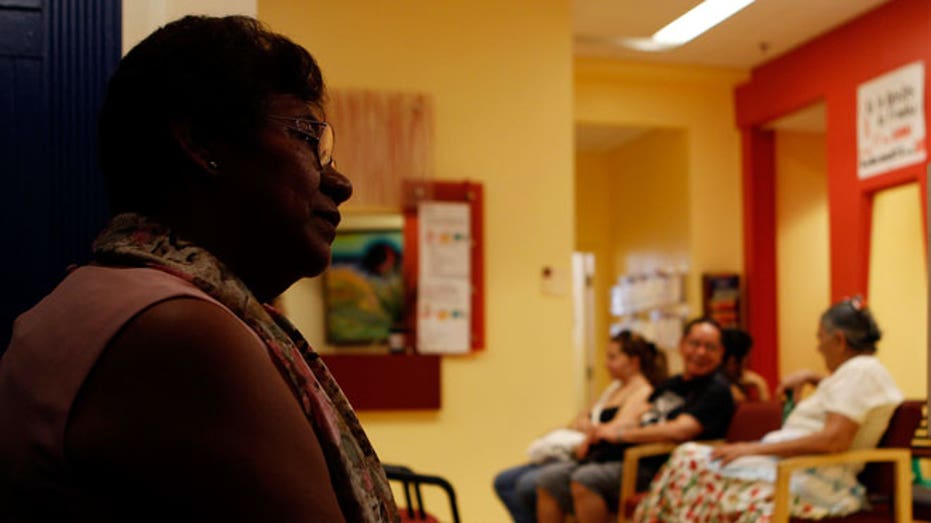
Nobody wants to spend half a day in a waiting room only to be rushed out the door so the doctor can move on to the next patient. If all of a sudden your doctor’s office becomes a mad house and you wait an hour for a two-minute visit, it may be time to start looking.
Flynn says doctor’s offices will change their booking procedures to take on more patients to increase cash flow but reduce patient face time.
“This is a sign of profits before patients and may be an indicator to change doctors.”
When shopping around for a physician, experts recommend inquiring about the number of patients a doctor sees in a day and the average wait time and length of visit. There are also several websites that provide data on those items as well as feedback from other patients about staff friendless, doctors’ bed-side manner and costs.
2. It’s Hard to Get an Appointment
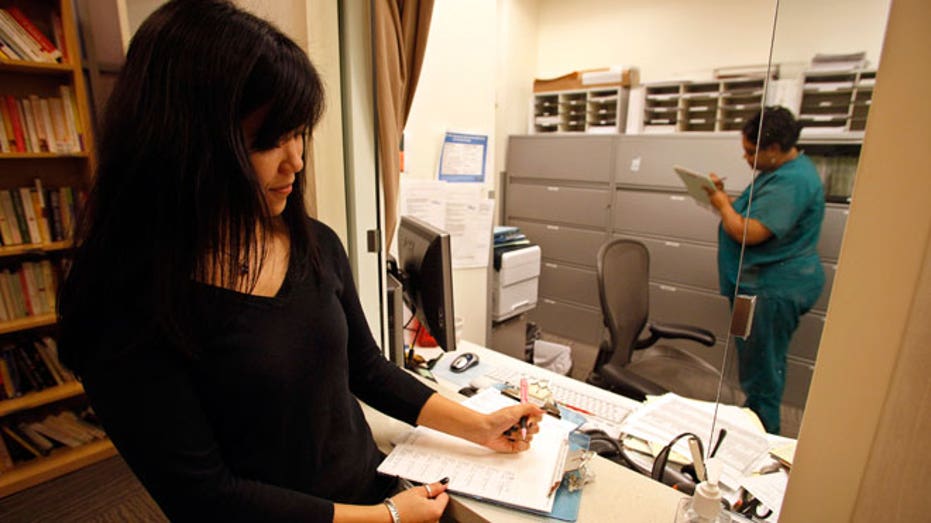
“Access to your doctor is directly related to overall quality of your health care,” says Deutsch. “Physician accessibility or lack thereof is one reason many people are using concierge-type doctors which requires paying a premium in exchange for availability.”
When interviewing new doctors, Gregg Pane, a former state health and Medicaid director, suggests asking all the different ways you can reach the office and get help.
What’s more, he says you want to know if there are evening and/or weekend hours and if they admit to nearby hospitals.
“Don't be afraid to ask a lot of questions,” he says. “You are the best advocate for you own health and are a partner with your doctor in attaining the best level of health possible”
3. Your Never Hear About Results
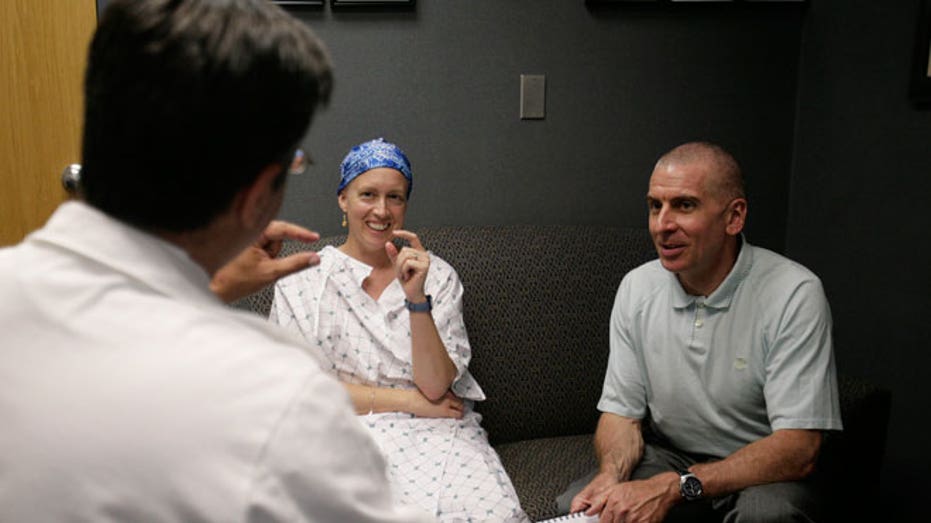
Most medical practices are ranked compared to their peers on common health measures like immunizations, pap smears and diabetic checks, according to Pane.
If your doctor won’t give you the practice’s results and outcomes, or the scores are poor, that can be a bad sign. Pane adds that you also want a physician that helps you with your overall health and wellness, not just be available to offer help when you’re sick.
“Do they help you set health goals and provide good follow-up in working to achieve them?” is something you need to ask yourself, he says.
4. Your PCP Fails at Care Coordination
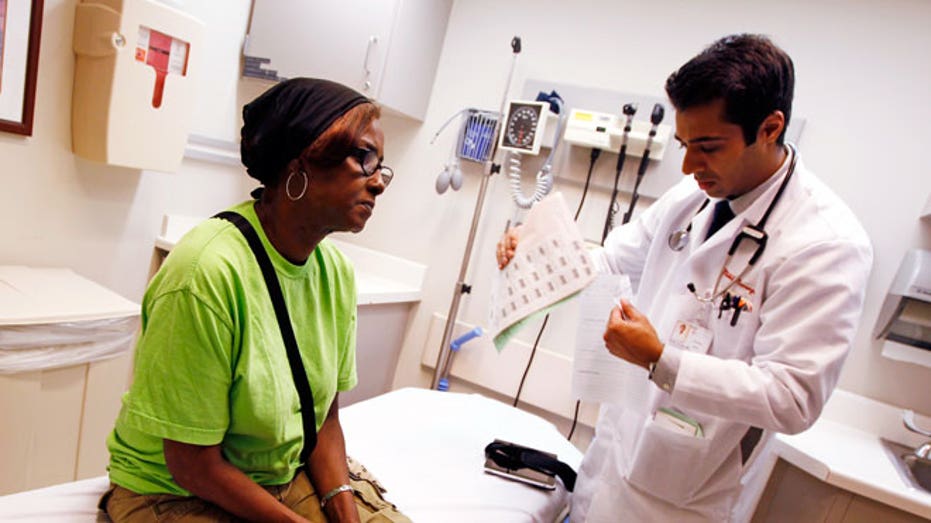
The primary care doctor is the “gatekeeper to your health” and is responsible for coordinating your care if you need to see specialists, says Deutsch. All too often, doctors fail in that area, subjecting the patient to unnecessary tests, which often leads to extra bills.
“Too often I take care of patients who are not educated about tests, new medical treatments and preventative medicine which I believe is an important responsibility of your PCP,” says Deutsch.” Jumping from specialist to specialist without a well-coordinated intermediary –like your PCP --is like practicing medicine on one's own.”
5. Too Many Medical Errors
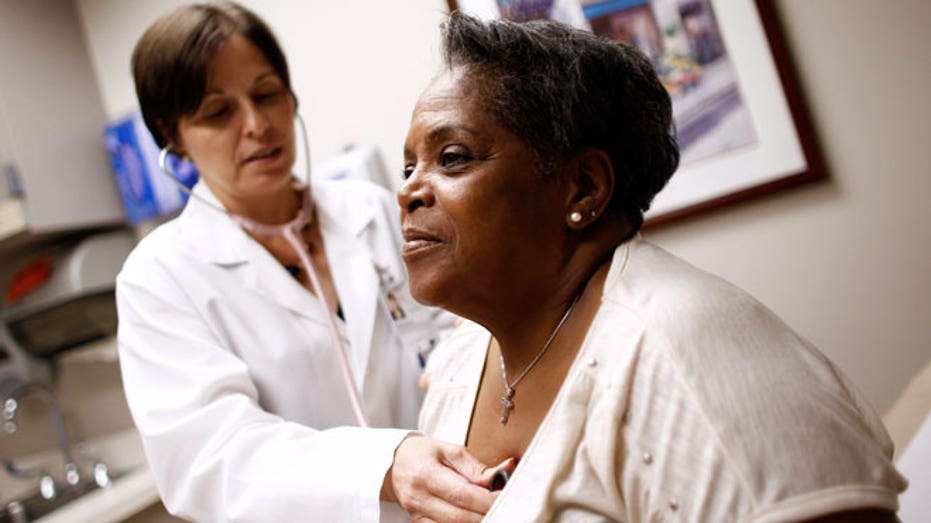
The experts say it’s common for patients to stick with a doctor despite a medical error. While loyalty is often rewarded, you don’t want to wait around and find out if you had the experience of a medical mistake, says Deutsch, noting that more than 440,000 preventable accidental deaths occur each year.



















